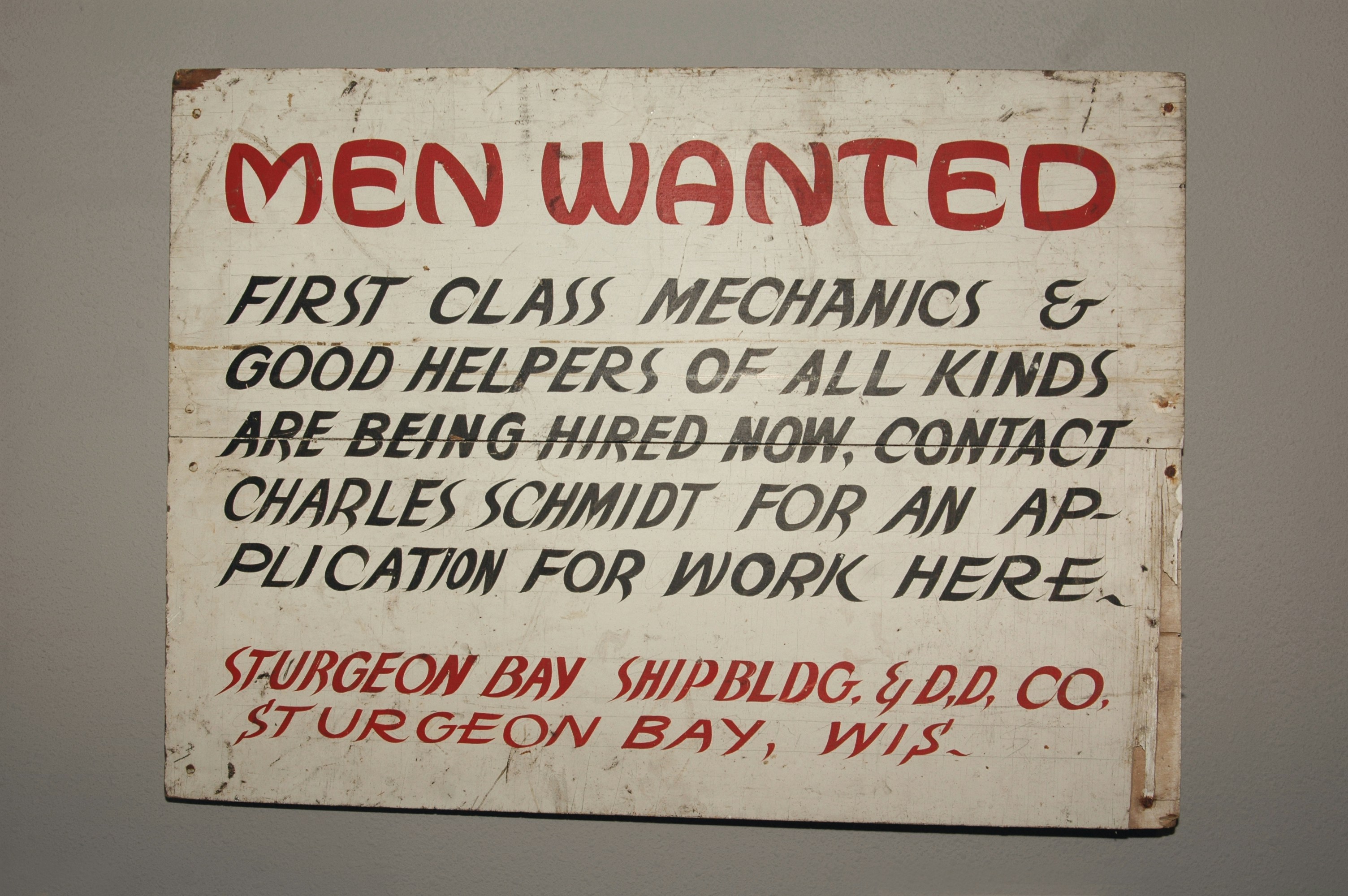Failed 100 Assumedly After Job Interview
You had a great interview for a job you really want. Your answers were spot-on, you connected with the interviewer, your test went well…but you haven't heard back from your future boss-to-be. As frustrating as it might be, this happens quite often. According to a CareerBuilder survey, a staggering 75% of people said they didn't hear back from a position they had applied for. The reasons below might help explain why employers don't respond after job interviews. Why Employers Don't Respond After Job Interviews They're too busy. A potential employer might be trying to not only fill the position you applied for but several others as well…simultaneously. So it makes sense, then, that they might be too busy to get back to just one candidate about just one job opening. And while it might not seem like a real reason, being swamped with reviewing job applications, scheduling interviews, and screening candidates can oftentimes be the real reason why employers don't respond right away (if at all) after job interviews.
Failed 100 assumedly after job interview
- Failed in 9 tech interviews in the last 6 months, I just can't take it anymore, what should I do? - Quora
- Failed 100 assumedly after job interview job
- Failed 100 assumedly after job interview
- Why employers don't always respond after job interviews
If you don't hear back from a potential employer (and you've followed up and done everything that you can as an interested job candidate), don't take it too personally. While it's painful to sit and wonder why you never heard back, just remember—the job that's truly meant for you could be just around the corner. There's just no real reason why. Sometimes, an employer doesn't get back to a job candidate for the reason that there just isn't a reason. It wasn't like you bombed the interview—but you didn't exactly ace it, either. You were nice enough, but you might not have been a standout candidate. Your answers were good, but not enough to seal the deal. And for an employer to try to articulate that you did nothing wrong (but still didn't get the job) can be confusing and upsetting to a candidate. You didn't click with your interviewer. Sure, job candidates should be judged based solely on their qualifications and prior job experience. But that doesn't always happen. Like it or not, some employers base their decisions on factors that are completely not related to the job, such as a person's appearance, their lack of eye contact, or even their self-confidence level.

Failed 100 assumedly after job interview de
You weren't chosen. This might be one of the most obvious reasons why job seekers don't hear back from employers. Still, most people would agree that they would rather get a friendly "Thanks, but no thanks" email or phone call than the alternative—being ignored. If you haven't heard back after a few weeks post-interview (and you didn't hear back even after you followed up on your job application), it's safe to assume that you didn't get the position and should keep interviewing with other companies. They're afraid of legal issues. In today's litigious world, it seems like almost any excuse can be grounds for a lawsuit—and companies know that all too well. So instead of calling to let you know why you specifically weren't hired (e. g., you didn't have the required skill set, you didn't get a good reference from a previous employer, etc. ), hiring managers may adopt a "silence is golden" rule when dealing with those not hired. By not responding, the door is closed. If by some chance a hiring manager did offer a reason as to why you weren't hired, they might fear that you'll contact them again with follow-up questions.

And even though it might not be fair, if personalities don't mesh well during a job interview (or worse, they clash), it can negatively impact your chances of getting hired. So if the reason for not hiring you is a personal one, it could open up an employer to a potential lawsuit if they were to disclose it. You didn't ask for it. It might seem strange to ask a prospective employer for a reason why you didn't get hired as the job interview is actually happening, but it could be a smart move. Let's say that you're on-ramping back into the workforce, just recently graduated from college, or are still an interview newbie, for example. Asking ahead of time (either at the end of the interview or during your follow-up communication afterwards), for an employer to assess why you might not get the job shows that you're mature enough to realize that there are probably a lot of candidates vying for the same job, and you might not get a job offer. In this case, it's not so much about placing blame towards your potential employer about not getting hired, but finding out what you may have done incorrectly so that you can improve your job interviewing skills for subsequent job interviews.
